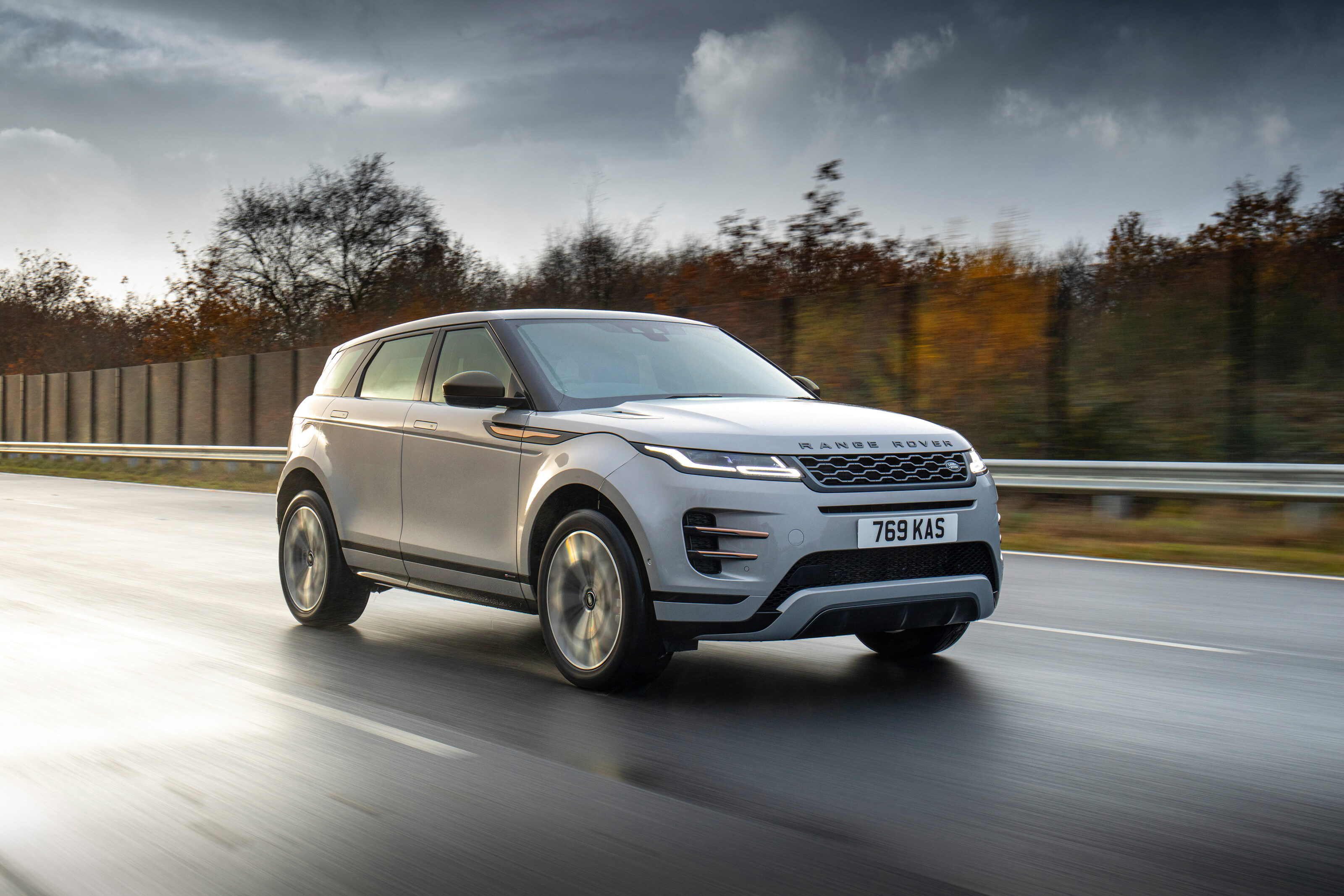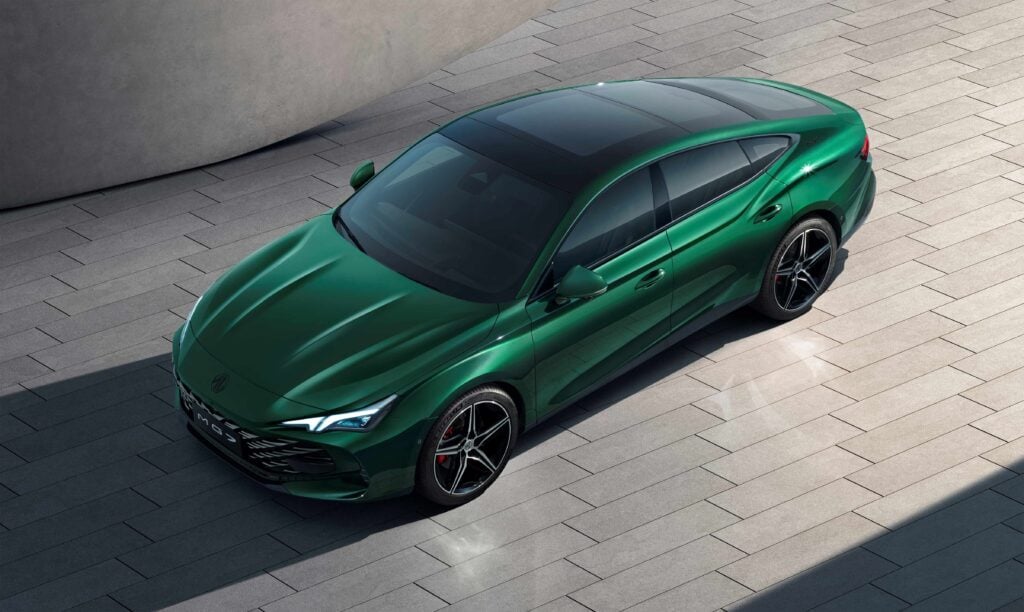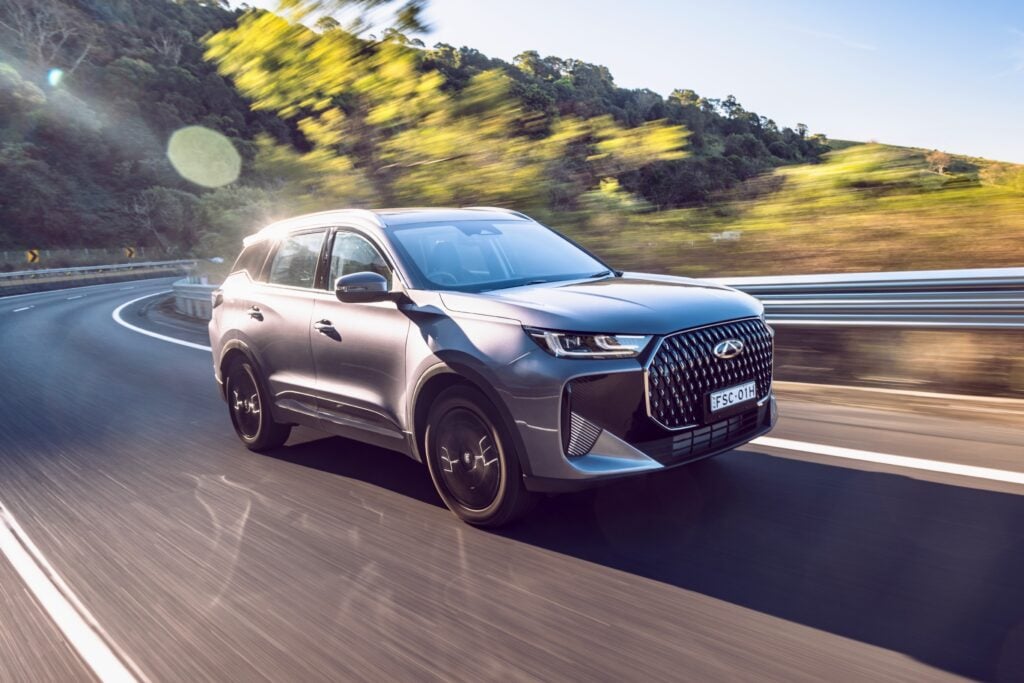During its third-quarter financial announcement, Jaguar Land Rover said that constraints in supply due to the semiconductor crisis hurt overall results for the group, recording a £9 million (AU$17m) loss for the quarter.
It compares unfavourably with the same quarter a year earlier when JLR recorded a pre-tax profit of £439m (AU$833m), although the British marque is not alone in being severely affected by a shortage in semiconductor chips that are vital for some technology features in modern cars.
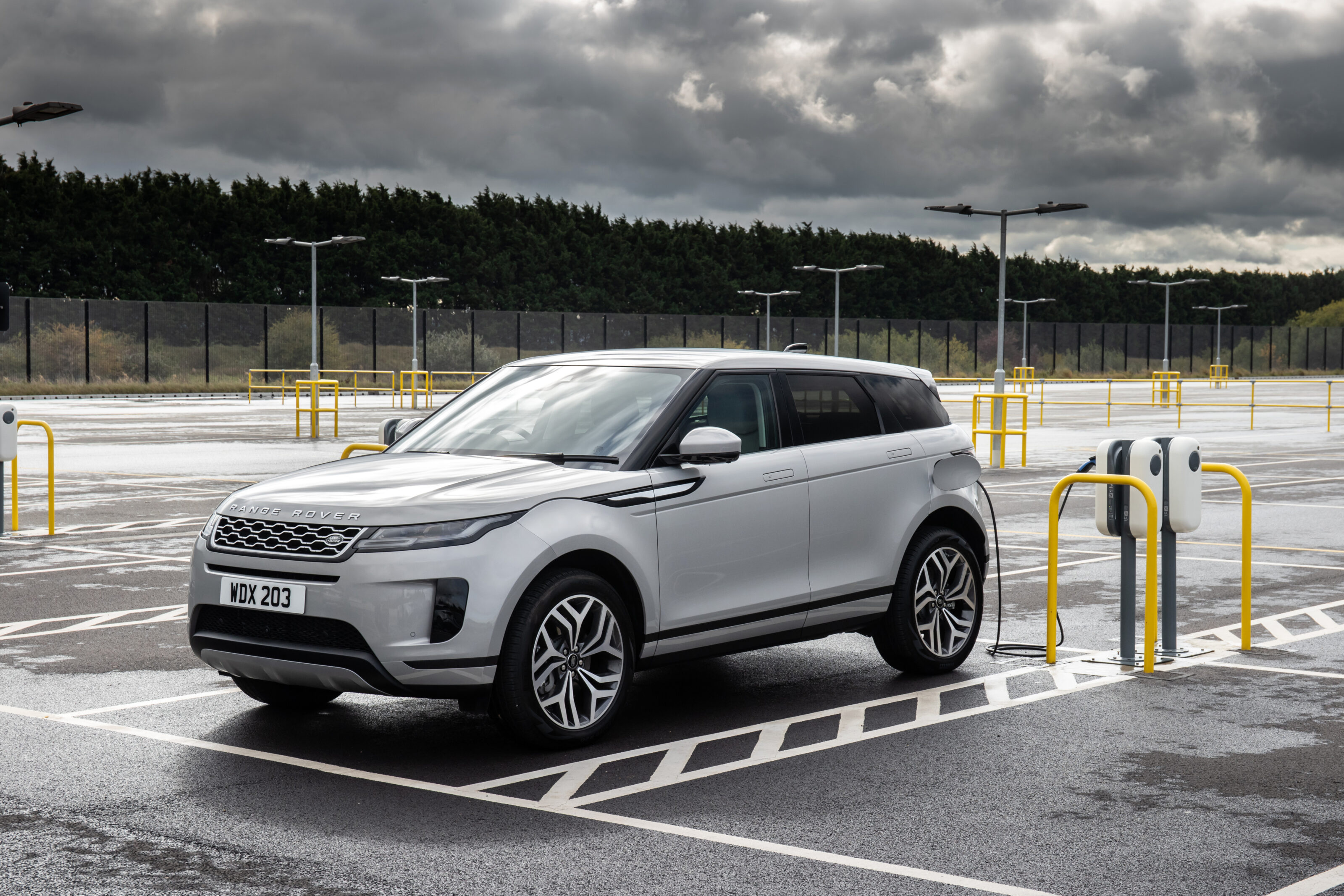
JLR said in a statement: “While production and sales remain significantly constrained by semiconductor shortages, the company continues to see strong demand for its products with global retail orders at record levels.”
The chip shortage has forced a number of manufacturers to remove features in some models or stop production altogether while waiting for supply bottlenecks to ease.
Overall, JLR said that revenues were up 22 per cent over its second-quarter result and production has increased 41 per cent, showing good signs for the group. It also currently has its largest order bank on record, likely thanks to the upcoming new Ranger Rover – which can be ordered now in Australia ahead of its arrival.
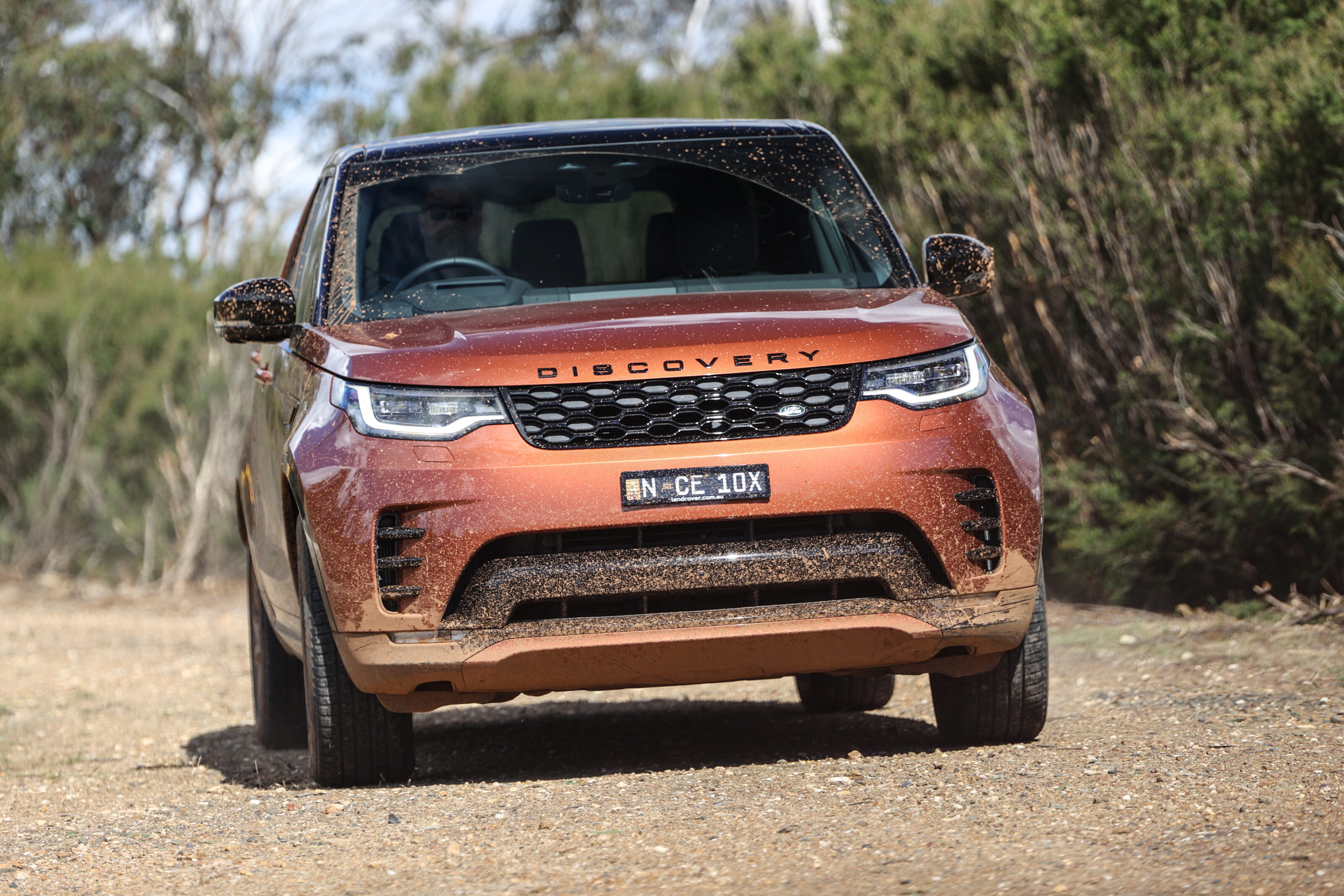
In all, JLR says that it already has 155,000 global orders for new cars across its range of models, although it is not optimistic about the delivery timeframe for production. The firm delivered 80,126 retail sales in the third quarter of 2021, which is down 13.6 per cent quarter on quarter and 37.6 per cent year on year.
“Whilst semiconductor supplies have constrained sales this quarter, we continue to see very strong demand for our products underlining the desirability of our vehicles,” said Jaguar Land Rover CEO Theirry Bollore.
“The global order book is at record levels and has grown an incredible 30,000 units for the new Range Rover before deliveries even start this quarter.”
We recommend
-
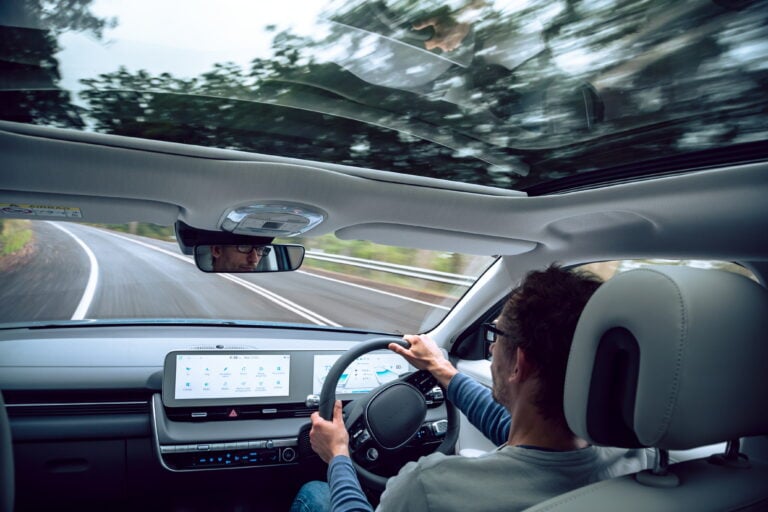 News
NewsSemiconductor shortage may be about to catch up with Hyundai
A leaked internal note suggests defective third-party computer chips could be about to delay Hyundai’s production
-
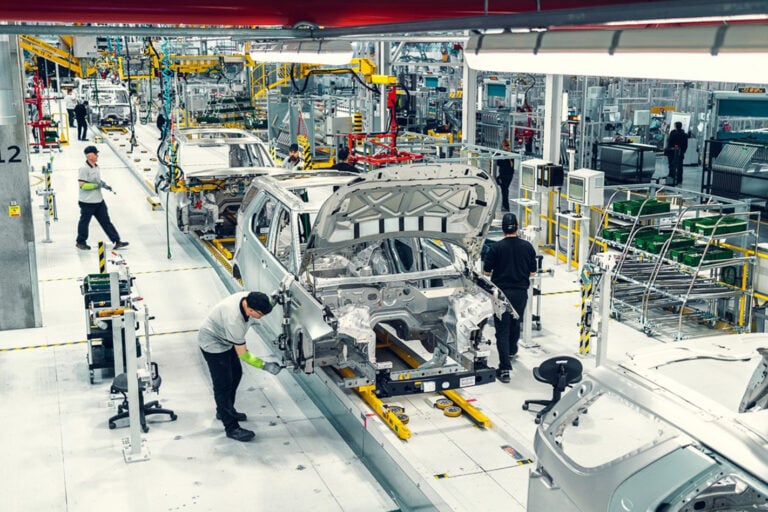 News
NewsUK car production at lowest level since 1956 due to chip shortage
Year-on-year October production drops by over a third
-
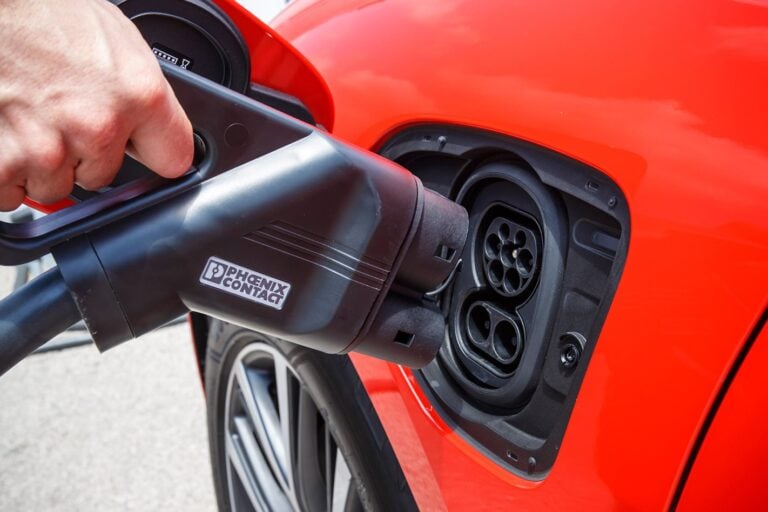 News
NewsJaguar Land Rover adding 150 chargers to national network
Jaguar Land Rover joins the Australian EV infrastructure charge with $4m network investment

